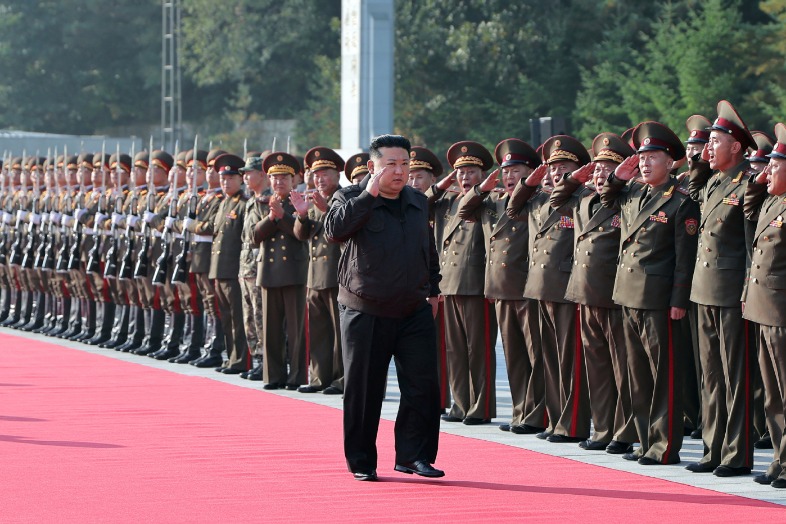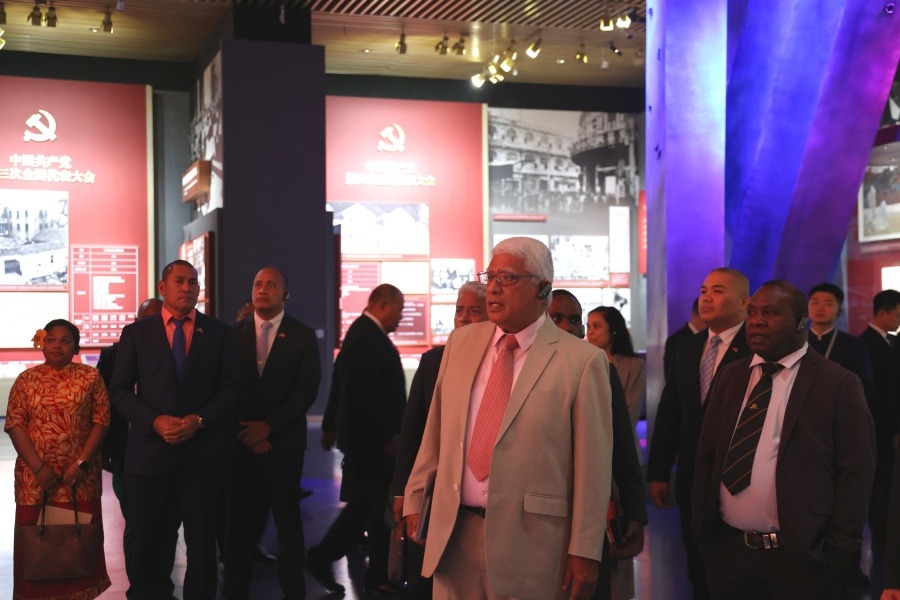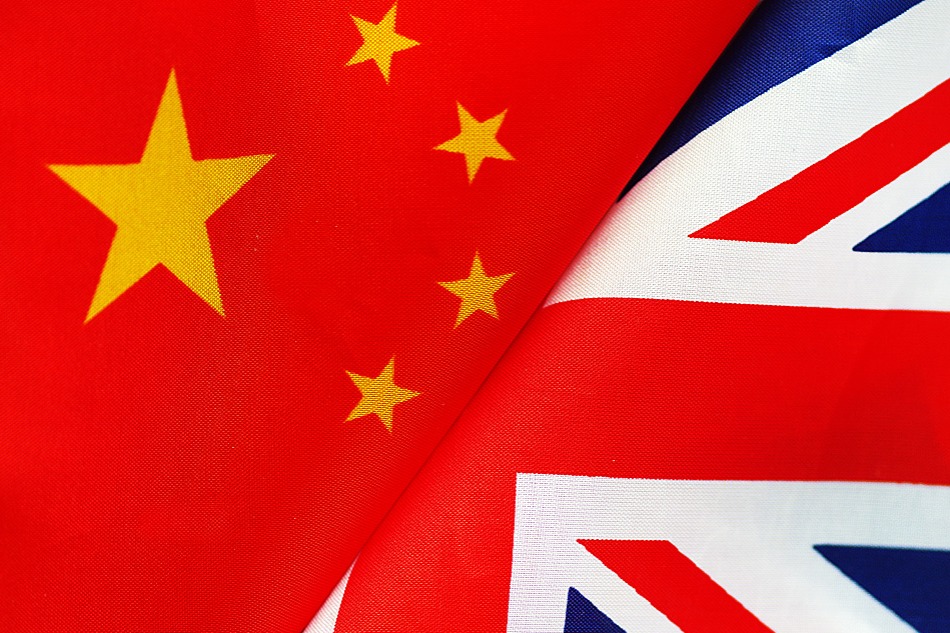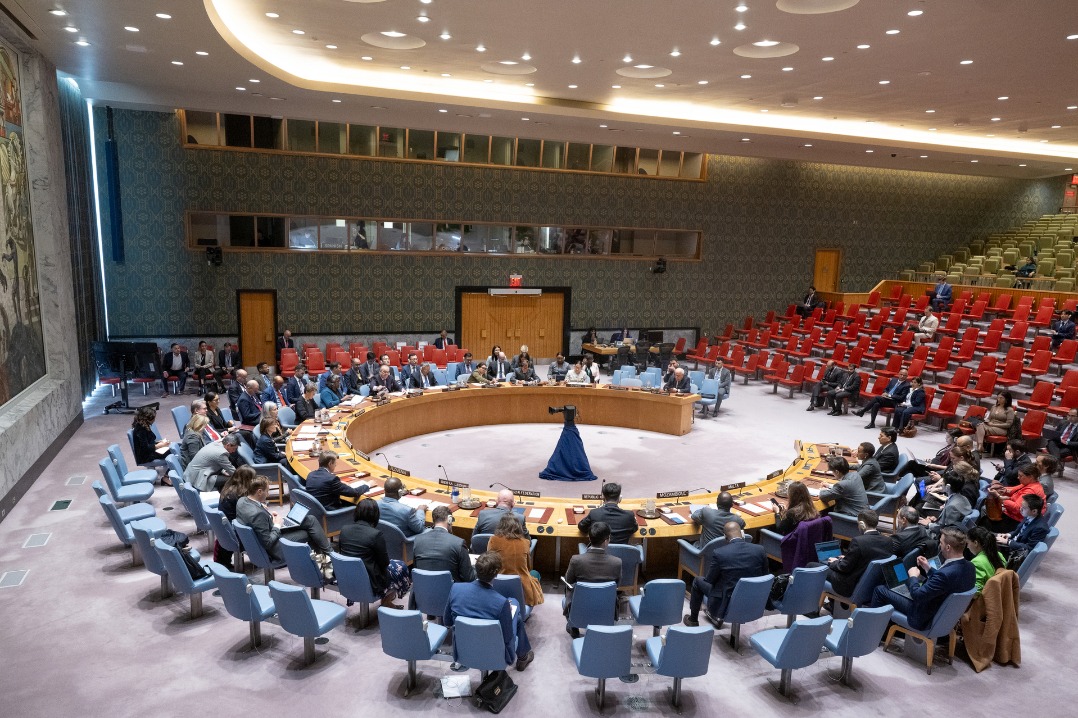London academics take clean air ideas to China

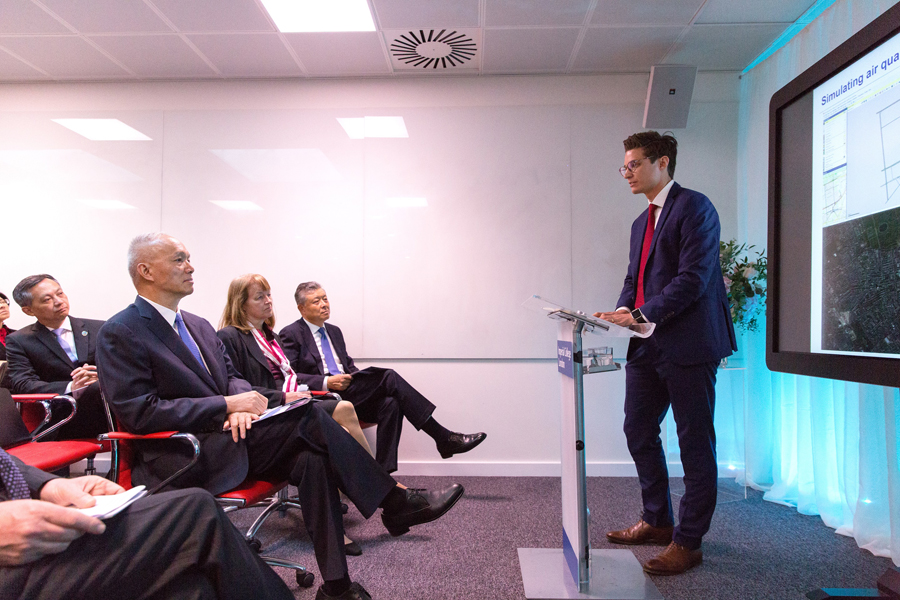
Air quality experts from Imperial College London will visit the World Economic Forum in Tianjin later this month to share their innovative ideas with global leaders.
Students and three academics from Imperial's Air Quality Network have been invited to present ideas for how to meet the challenge of reducing air pollution at the World Economic Forum on Tuesday.
"Imperial is China's top research collaborator in the UK and we are keen to strengthen our great links with industry and our extensive alumni network," said Imperial's vice-president of innovation, David Gann.
The World Economic Forum's Annual Meeting of New Champions in Tianjin encourages new relationships between the world's top academics, entrepreneurs, policy-makers, research institutions and industry.
Air pollution is now the world's fourth-biggest killer after smoking, high blood pressure and diet, and contributes to more than six million deaths every year.
To help find solutions in major cities such as London and Beijing, Imperial recently launched an Air Quality Network which is identifying the next big frontiers in air quality research.
"Imperial's academics will be able to influence chief executives and world leaders, helping provide solutions to one of the major causes of health problems," said Gann.
"Our student entrepreneurs are keen to discover key trends that will shape the world economy and how this could impact on the development of new businesses, focusing particularly on the rapidly expanding Chinese markets. "
Audrey de Nazelle, lecturer in air pollution management from Imperial's Centre for Environmental Policy, will present her research on how cities could be redesigned to reduce air pollution, by methods such as removing cars from city centers.
She suggests that air pollution offers a chance to fundamentally rethink the way cities work, and said the forum presented a great opportunity to make research China-relevant by talking to the right people at the right time and convincing them that something can be done about it.
"What I'm hoping is that the types of people who go to the forum, if they can be convinced, can get their imaginations sparked by what we've said, and take it on and run with it,"she added.
Marc Stettler is the director of Imperial's Transport and Environment Laboratory, where tools are being developed to enhance transport efficiency and reduce environmental impact. He discussed his research with Cai Qi, secretary of the CPC Beijing Municipal Committee, during Cai's visit to Imperial earlier this year, and will be taking part in discussions about the recent emissions scandal at the forum.
His team have already collaborated with academics at Zhejiang University to quantify transport emissions and better understand their impact.
"The opportunity to do research in China and to work on these issues in a Chinese setting would enable us to learn from our Chinese colleagues and help Chinese cities to tackle their environmental issues,"he said.
Laure de Preux, assistant professor of Economics at Imperial College Business School, will talk about her research on helping local authorities quantify the "hidden costs" of air pollution. She has developed tools that can estimate reductions in costs to health services by introducing schemes to reduce pollution.
















